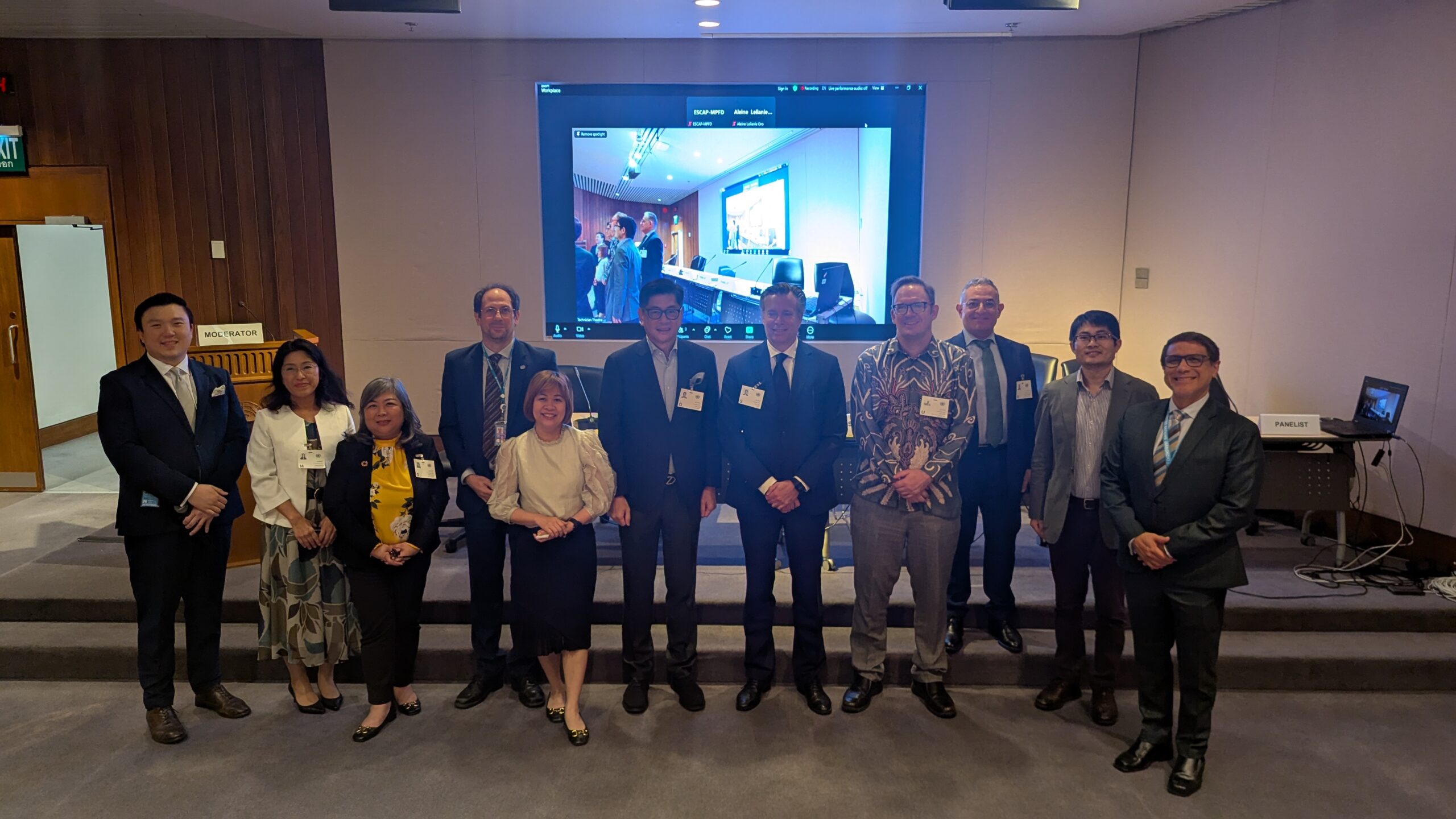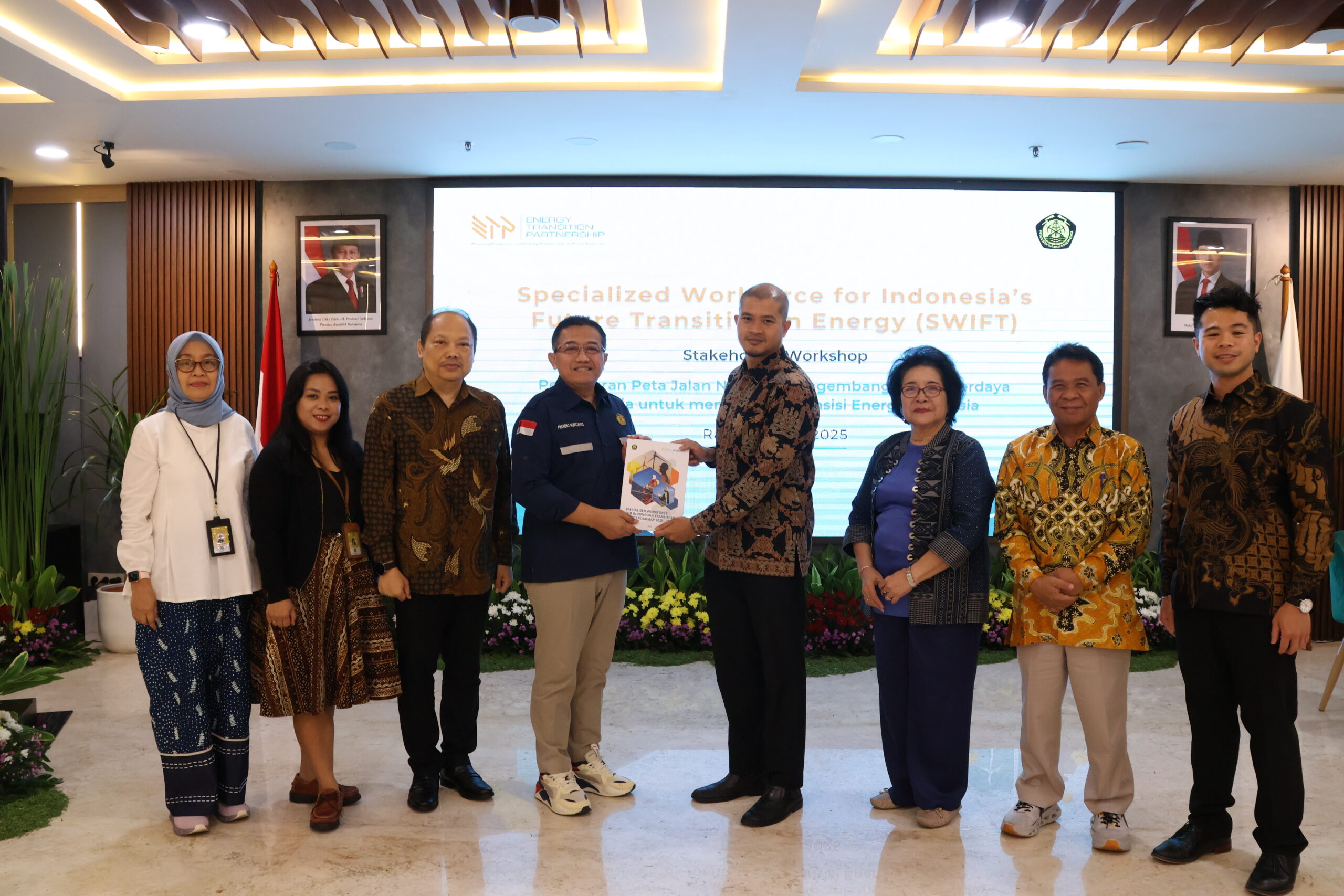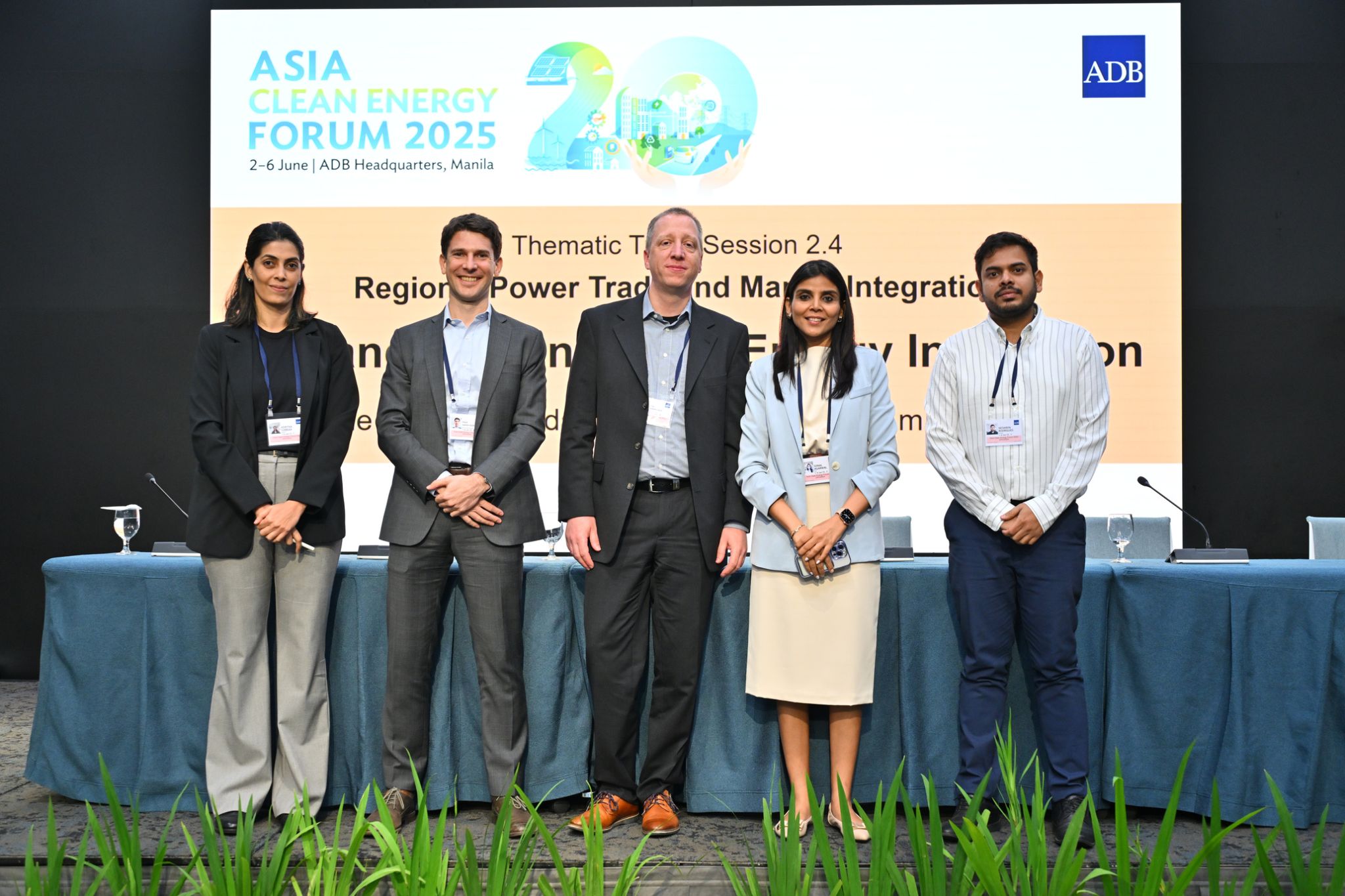John Cotton, ETP’s Senior Programme Manager, recently joined a group of experts and stakeholders at a UNESCAP-organized Expert Group Meeting (EGM) on Energy Transition Financing. This gathering brought together individuals from diverse backgrounds working on initiatives across the region to address the challenges of financing the energy transition.
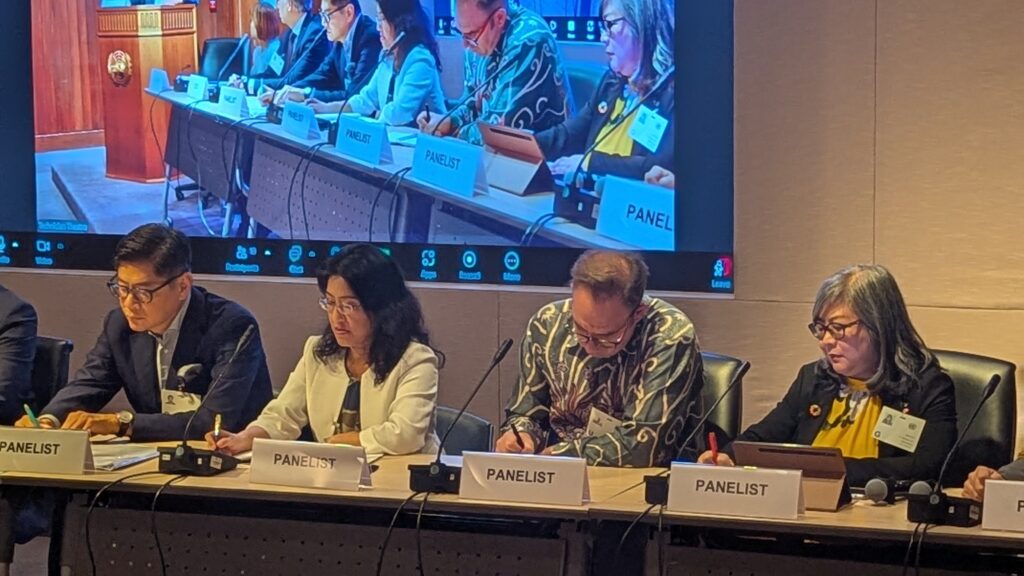
Emerging Markets and Developing Economies (EMDEs) in the Asia Pacific region face a significant hurdle in their journey towards a sustainable future: financing their energy transition. Weak financial markets, limited investment capacity, fiscal constraints, and economic volatility are hindering their ability to invest in renewable energy projects.
The UNESCAP-convened Expert Group Meeting (EGM) on Energy Transition Financing brought together key stakeholders from across the region to discuss crucial issues related to energy transition financing. The EGM aimed to inform the development of ESCAP’s 2025 Financing for Development Report, specifically the chapter on energy transition financing. By fostering dialogue among public and private sector experts, the meeting sought to identify innovative solutions to mobilize finance for a low-carbon future, particularly in coal-dependent economies. During the meeting, Mr. Cotton highlighted ETP’s ongoing efforts to reduce coal energy use and shared insights into the progress made in Indonesia, the Philippines, and Vietnam.
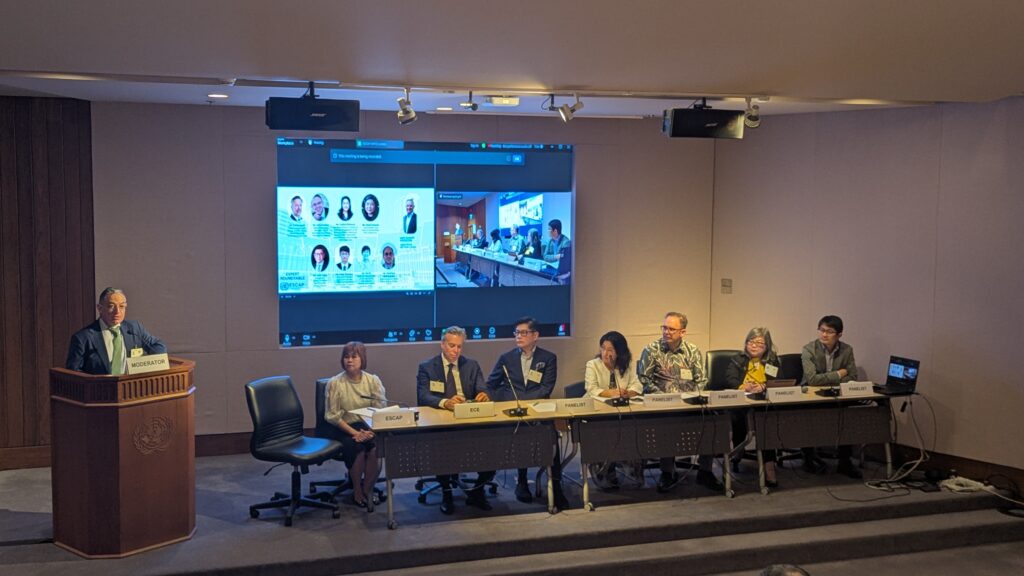
ETP’s Interventions
Indonesia:
Indonesia’s state-owned electricity company, PLN, has recently canceled a significant 13.3 GW Coal-Fired Power Plant (CFPP) project. This decision aligns with the government’s plans to reduce the intensity of coal-fired power plants by making an energy transition to renewable energy. In line with this national goal, ETP is working to assess the financial implications of early coal retirement, develop a roadmap for early coal retirement, design incentive mechanisms for industrial sector decarbonization, and explore the transition of coal-fired power plants in Indonesia.
Philippines:
The Philippine Department of Energy (DOE) has implemented a moratorium on the development of new greenfield coal-fired power plants. This policy shift, coupled with the government’s promotion of voluntary coal plant decommissioning or repurposing, signifies a significant step towards a cleaner energy future for the Philippines. In line with this national trajectory, ETP is actively contributing to the country’s energy transition through the Transend Coal Phasedown Pilot and the accelerated implementation of the Clean Energy Scenario (ACES).
Vietnam:
Vietnam has made substantial strides in its energy transition by significantly reducing its planned coal capacity to 30 GW by 2030. This aligns with the nation’s commitment to the Just Energy Transition Partnership (JETP), demonstrating its dedication to a cleaner and more sustainable energy future. To support this national goal, ETP is actively working in Vietnam to develop coal abatement scenarios, create a roadmap for the Coal Mining Service Company (CMSC) to achieve net-zero emissions, and facilitate a just transition for the coal sector.
Regional:
ETP is actively working on various initiatives to support the region’s energy transition.Regionally, ETP is establishing the Just Coal Transition Platform and participating in the Powering Past Coal Alliance’s Twinning program.
By supporting these initiatives, ETP aims to help Emerging Markets and Developing Economies (EMDEs) in the Asia Pacific region overcome the financial barriers to a sustainable energy future.

